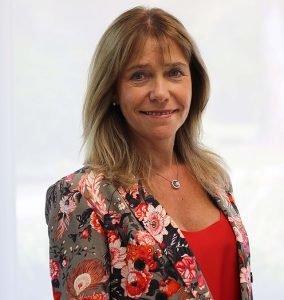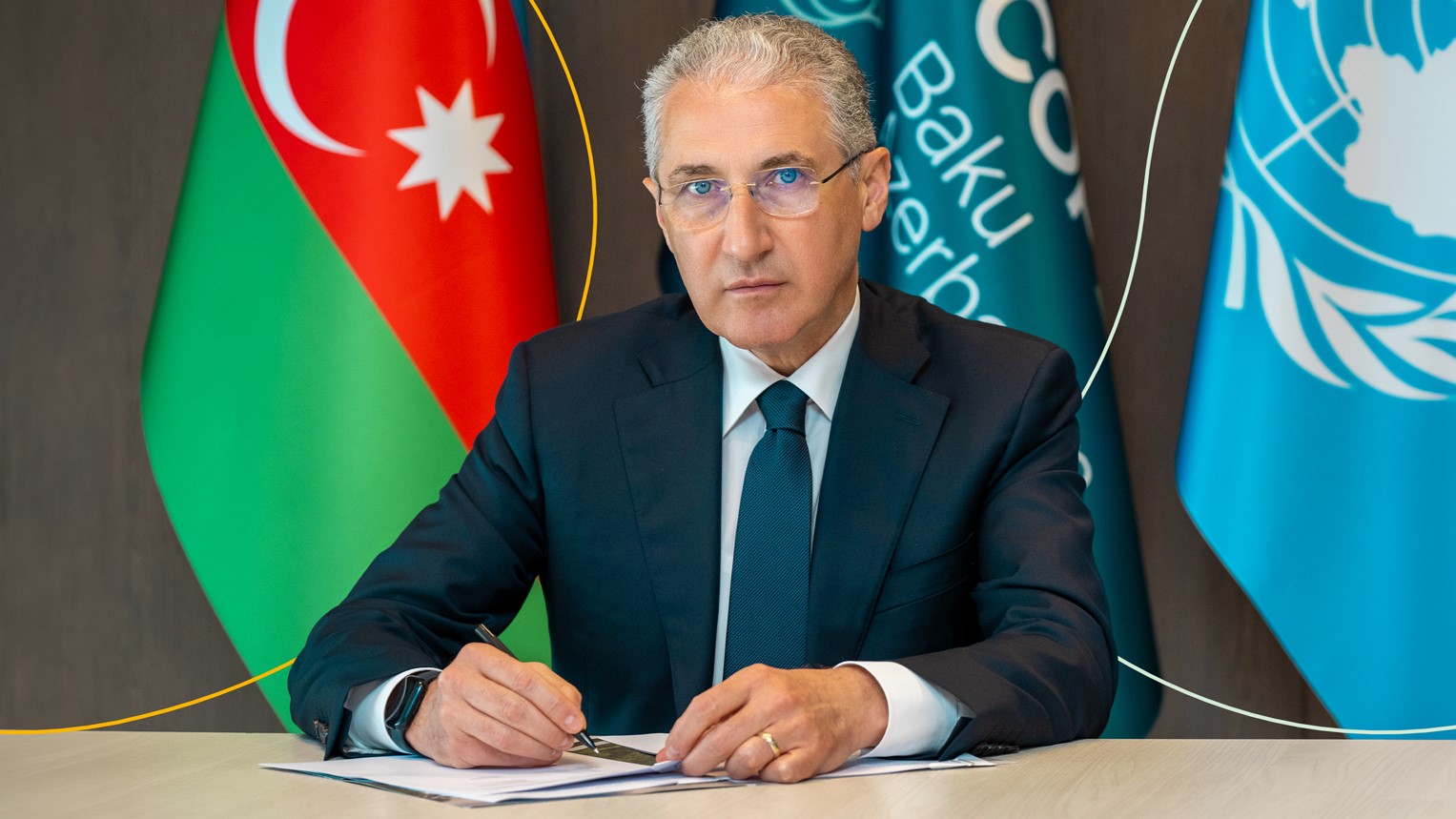The COP29 Presidency has outlined further details in its Action Agenda, laying out in full the series of pledges and initiatives that it will use to supplement the negotiated COP agenda and accelerate climate action leading to, during and following COP29.
This includes an important update on the COP29 Declaration on Water for Climate Action and the Baku Dialogue on Water for Climate Action.
Developed in collaboration with the UNEP, UNECE and WMO, with contributions from other UN-Water members, the COP29 Declaration on Water for Climate Action will call upon stakeholders to take new, integrated approaches to water, water basins and climate change, including the integration of water-related mitigation and adaptation measures in national climate policies, including Nationally Determined Contributions (NDCs) and National Adaptation Plans (NAPS).
The Declaration will launch the Baku Dialogue on Water for Climate Action, which will create a consistent platform on water and its interplay with climate change, biodiversity, desertification and pollution. In doing so, it will improve coherence between the ‘Rio Trio’ of climate change, biodiversity and desertification COPs, enabling coordinated action on all three issues as they relate to water.
The Dialogue will encourage establishing and reinforcing partnerships based on shared water basins, to improve international collaboration on these ecosystems.
Finally, it will also establish the position of the Water for Climate Ambassador to work with the dialogue platform to advocate for integrated water and climate policy.

Commenting on the initiative, Professor Celeste Saulo, Secretary-General of the World Meteorological Organization (WMO) said:
“At the core of WMO’s mission is ensuring that nations have access to timely, reliable hydrological data and forecasts, empowering policy and decision-makers to manage water resources more effectively and enhance resilience to related disasters.
“The Baku Dialogue on Water for Climate Action provides a vital platform for international cooperation, enabling us to bridge knowledge gaps and advance effective water management strategies for climate change mitigation and adaptation.”



